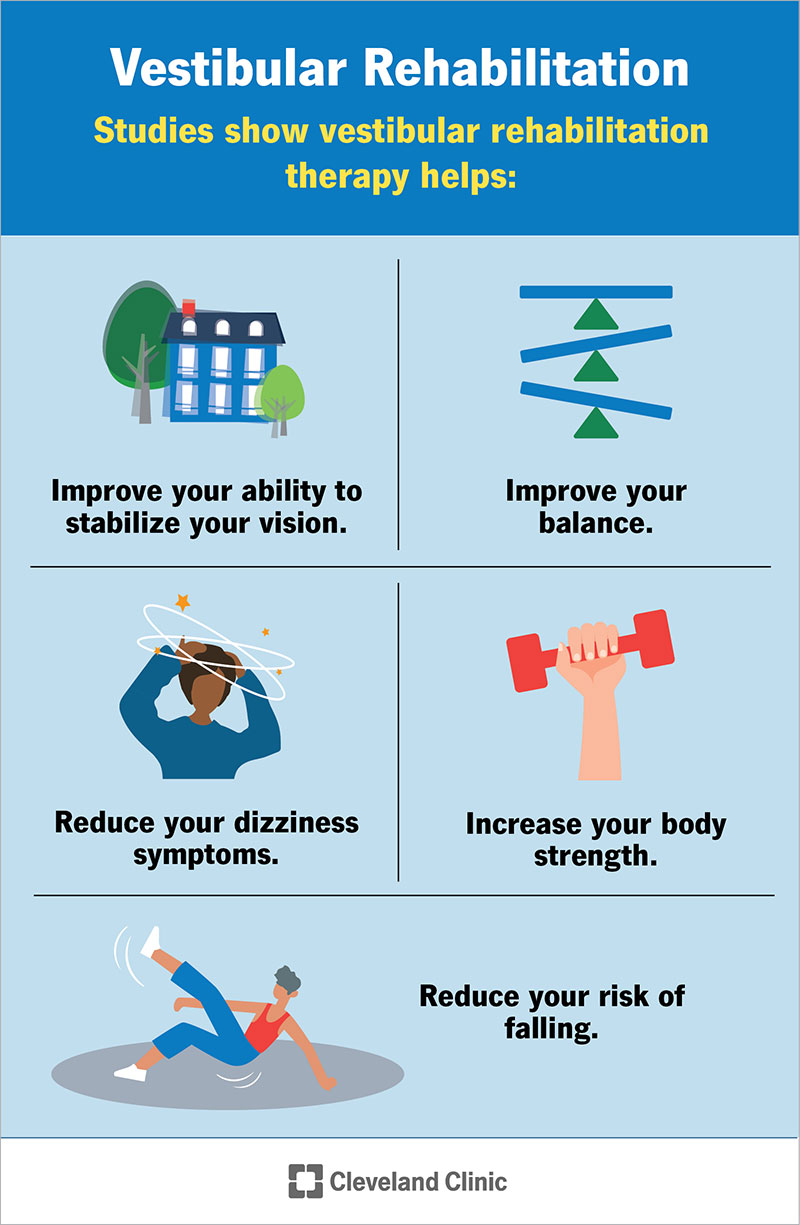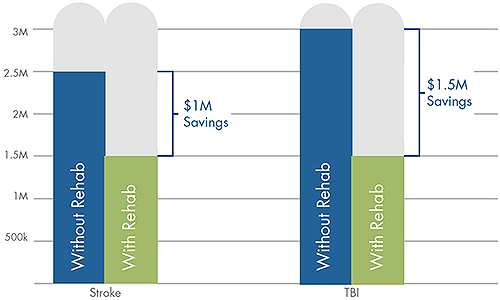What Does Narconon Africa Do?
What Does Narconon Africa Do?
Blog Article
Not known Details About Narconon Africa
Table of ContentsNarconon Africa Can Be Fun For EveryoneOur Narconon Africa PDFsLittle Known Questions About Narconon Africa.10 Easy Facts About Narconon Africa ShownNarconon Africa Fundamentals ExplainedEverything about Narconon AfricaWhat Does Narconon Africa Do?
In a series of papers with Manudeep Bhuller and Katrine V. Lken, we get over these information challenges and the nonrandomness of jail time, using brand-new understandings right into how imprisonment affects relapse, work, kids, and criminal networks - Rehabilitation facility Joburg. Figure 1 Our work researches the results of incarceration in Norway, a setting with two essential benefitsWe can further connect this information to other relative, including children and siblings. In addition, we have information on co-offending that permits us to draw up criminal networks for observed crimes. Second, we can take advantage of the arbitrary job of criminal cases to judges who differ in their propensities to send accuseds to jail.
Yet some judges send offenders to prison at a high rate, while others are much more forgiving. We determine a judge's stringency as the ordinary incarceration rate for all various other instances a judge deals with, after controlling for court and year set effects, which is the level of arbitrary project. This quasi-random job of court stringency can be utilized as an instrument for incarceration, as it highly predicts the court's choice in the present instance, however is uncorrelated with other instance characteristics both by layout and empirically.
Narconon Africa - An Overview
Attributes of detainees, consisting of demographics and crime categories, are extensively similar in Norway and various other nations, consisting of the United States, with the exceptions that the United States murder rate is a lot greater, and race plays a bigger duty there. What stands out as different, specifically compared to the USA, is the jail system.
Number 2In Norway, the typical time invested behind bars is a little over six months, which is similar to most various other Western European countries. This contrasts with typical United States jail time of nearly three years, which remains in big component the factor the United States is an outlier in its incarceration rate contrasted with the remainder of the world [Figure 1]
The Buzz on Narconon Africa
This supplies a lot more separation in between minor and hard wrongdoers than exists in the United States. There is no overcrowding in Norwegian prisons and far better personal safety and security, with each detainee being designated to their very own cell and a greater inmate-to-staff proportion than in the United States (https://www.intensedebate.com/profiles/narconon0346). Jails in Norway additionally offer well-funded education, medicine treatment, mental health, and task training programs
Our study on the impacts of imprisonment on the culprit, making use of the random assignment of courts as an instrument, yields 3 crucial searchings for. Initially, imprisonment inhibits even more criminal behavior. We locate that imprisonment reduces the chance that a person will certainly reoffend within five years by 27 percent factors and decreases the corresponding number of criminal costs per person by 10 fees.
Top Guidelines Of Narconon Africa
We locate large decreases in reoffending likelihoods and cumulative charged criminal activities even after defendants are launched from prison. Our second result is that bias because of selection on unobservable private characteristics, if disregarded, brings about the wrong final thought that time spent in prison is criminogenic. If we simply contrast criminal accuseds imprisoned versus those not sentenced, we locate positive associations in between imprisonment and succeeding criminal offense.
This stands in comparison to our analysis based upon the random task of judges, which discovers an opposite-signed result. Third, the reduction in criminal activity is driven by individuals Rehabilitation technology who were not functioning prior to incarceration. Amongst these people, imprisonment increases participation in programs routed at enhancing employability and lowering regression, and this eventually increases work and incomes while inhibiting criminal behavior.

Imprisonment triggers a 34 portion factor boost in involvement in job training programs for the previously nonemployed, and within 5 years their work price rises by 40 percentage points. At the very same time, the possibility of reoffending within 5 years is reduced by 46 percentage factors, and there is a decline of 22 in the ordinary variety of criminal costs.
Not known Factual Statements About Narconon Africa

A plausible explanation for the difference is that Norway's prison system differs substantially, both in regards to prison-term length and jail conditions, from the United States prison system. While understanding the effects of imprisonment on the wrongdoer is an important very first step, catching spillover results is likewise vital for examining criminal justice plan and creating effective jail systems.
The Basic Principles Of Narconon Africa

Ordinary least squares estimates expose that kids of incarcerated fathers are 1 percent factor more probable to be charged with a criminal offense, loved one to a mean of 13 percent, and reveal no impact on institution qualities. Using our court stringency tool, we find no statistical evidence that a dad's imprisonment impacts a kid's own crime or college qualities, yet we are unable to rule out modest-sized effects.
The Buzz on Narconon Africa
We specify criminal groups based on network links to prior criminal instances. When a criminal network member is jailed, their peers' possibility of being billed with a future criminal offense lowers by 51 portion factors over the following 4 years - https://narconon0346.wixsite.com/narcononza12/post/the-pathway-to-freedom-from-addiction.
Report this page